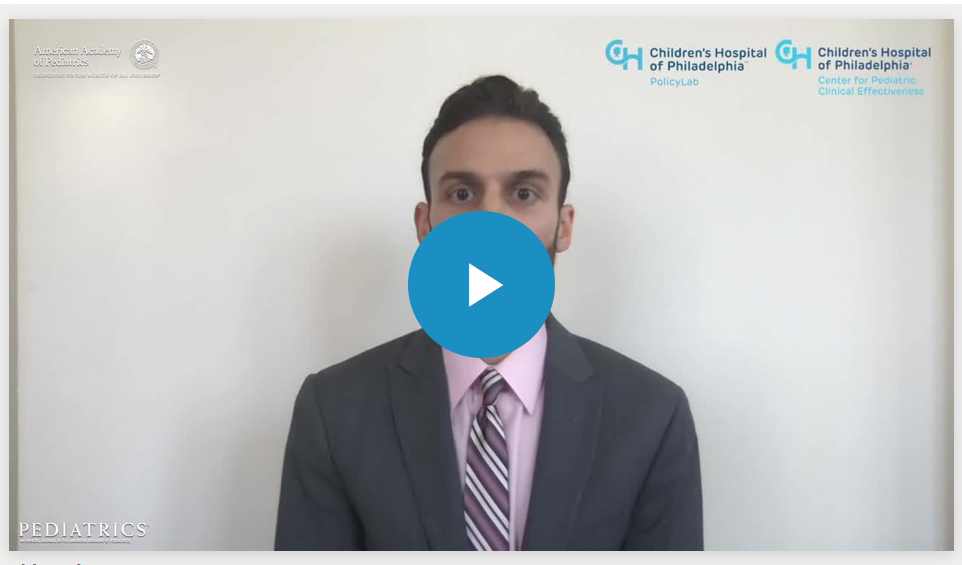Synchronous Activities:
Live meeting of class
Asynchronous Activities:
Read:
- NEJM Catalyst. What is patient-centered care? (2017, Jan. 1). NEJM Catalyst.
- Kilbride MK, Joffe S. The New Age of Patient Autonomy: Implications for the Patient-Physician Relationship. JAMA. 2018;320(19):1973–1974. doi:10.1001/jama.2018.14382
- Sanders L, Fortin AH, Schiff GD. Connecting With Patients—The Missing Links.
 JAMA. 2020;323(1):33–34. doi:10.1001/jama.2019.20153
JAMA. 2020;323(1):33–34. doi:10.1001/jama.2019.20153 - Timmermans, S. (2020). The Engaged Patient: The Relevance of Patient–Physician Communication for Twenty-First-Century Health.
 Journal of Health and Social Behavior, 61(3), 259–273.
Journal of Health and Social Behavior, 61(3), 259–273.
Watch the 4-minute video at:

Reading (continued)
- Scheufele TD et al (2018). Learning from patients’ experiences related to diagnostic errors is essential for progress in patient safety. Health Affairs 37 (11): 1821-1827.
- Lazris and Roth (2021). Poor physician-patient communication and medical error.
 American Family Physician 103 (12): 757-759.
American Family Physician 103 (12): 757-759.
Assignments (due online)
- Respond to the DB questions under DB 5, Interpersonal Communication in Health Care
- Respond to at least one other student’s post.
- Group Project Check-in
Exam
Midterm Exam covers the introduction, COVID-19, health literacy, theories, public health campaigns, interpersonal communication in health care.

